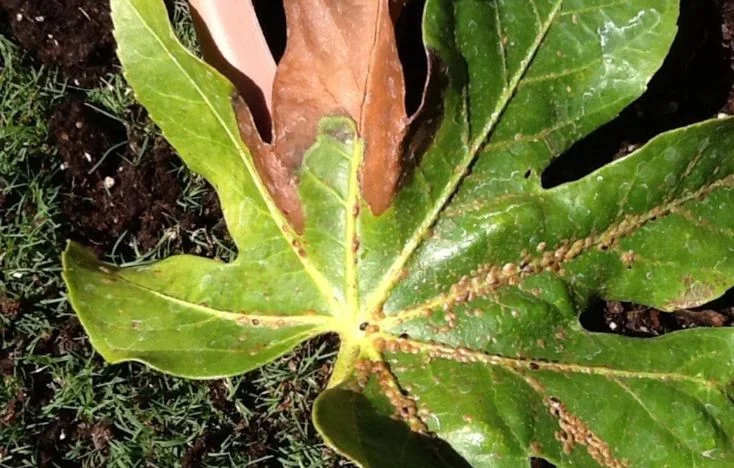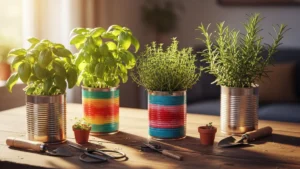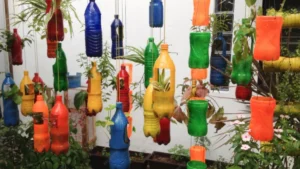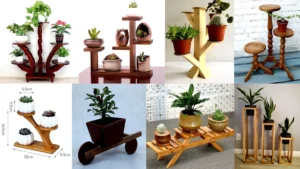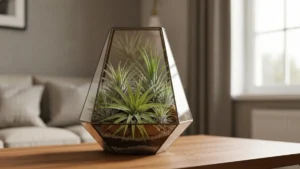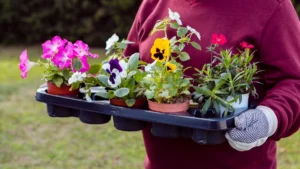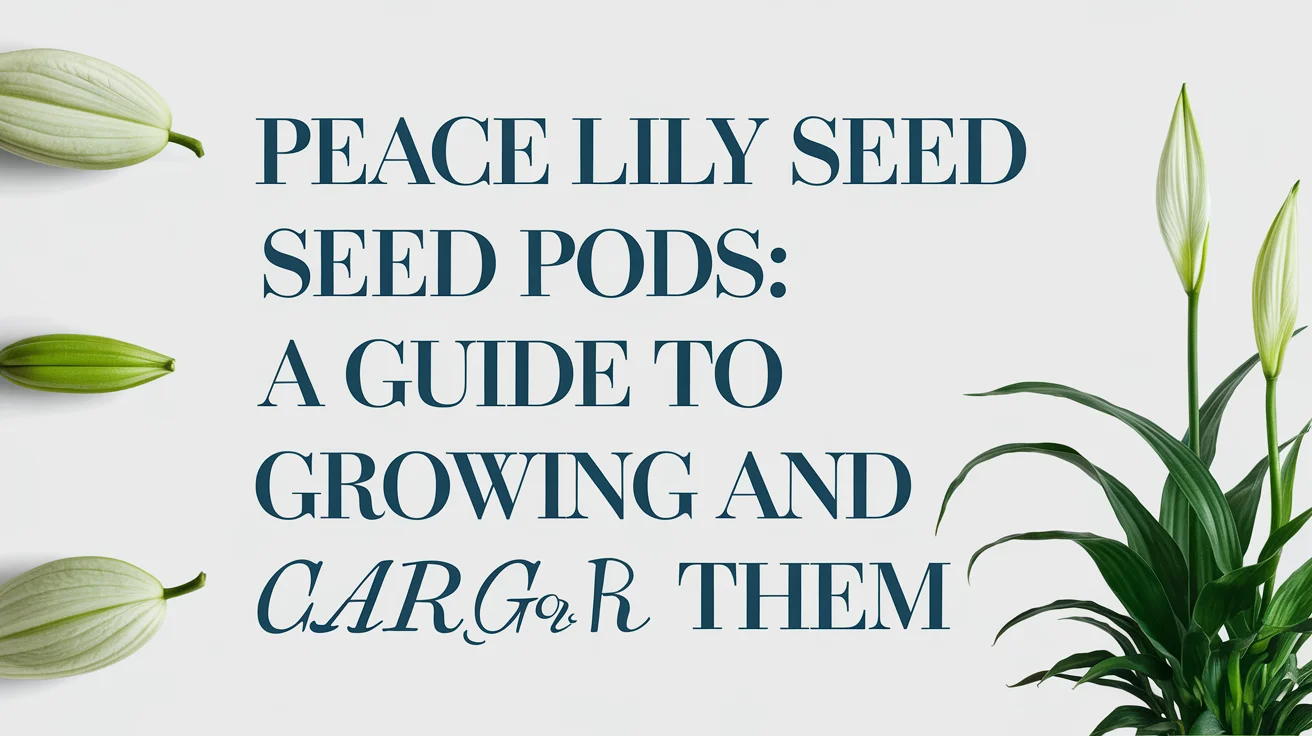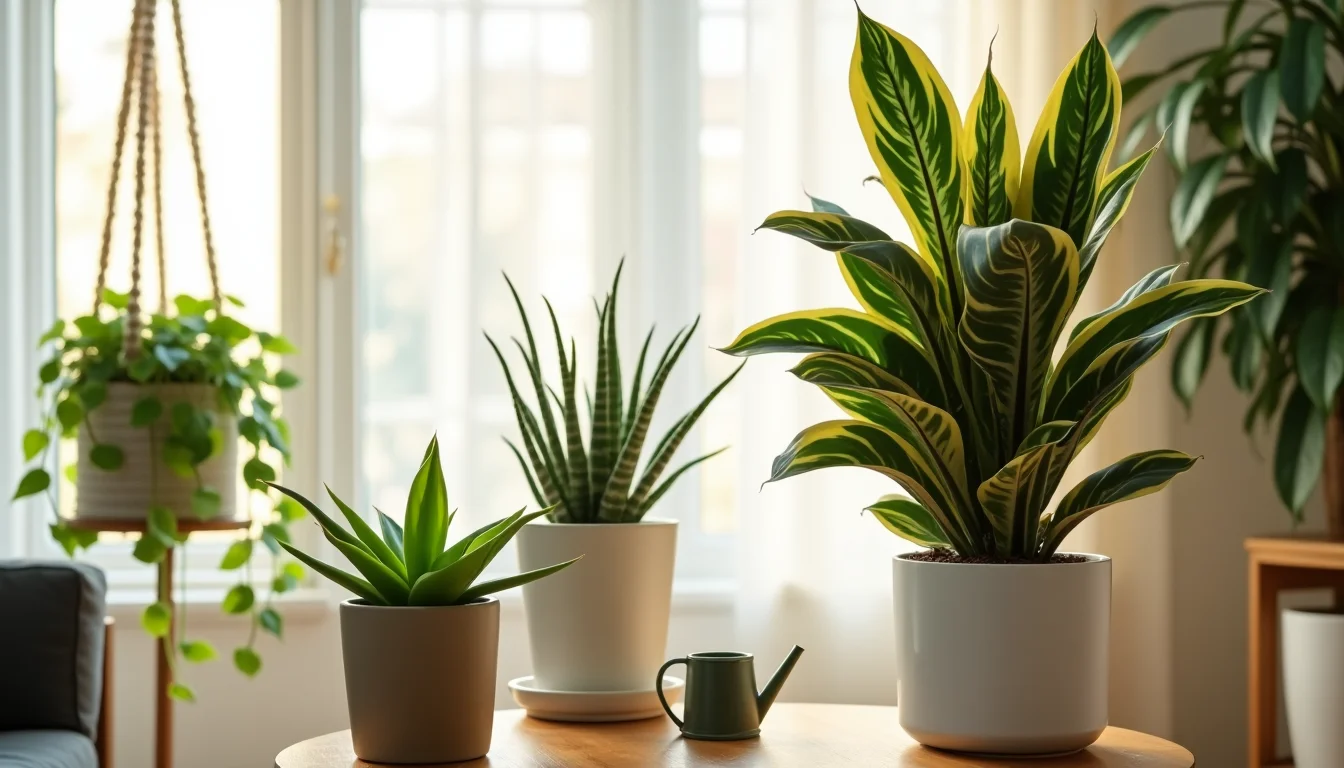Scale infestation on plants is a common problem faced by gardeners, homeowners, and plant enthusiasts. These tiny, sap-sucking pests can quickly spread across leaves, stems, and branches, causing yellowing, stunted growth, and even plant death if left untreated.
Because scale insects disguise themselves as harmless bumps, many people overlook them until serious damage occurs. Therefore, knowing how to identify, treat, and prevent scale infestation on plants is essential for maintaining a healthy garden.
What Is a Scale Infestation on Plants?
A scale infestation on plants occurs when a colony of scale insects attaches themselves to plant surfaces and feeds on sap.
Unlike other pests, scales are immobile once they mature, making them appear like natural plant growth. However, beneath their protective shell, they drain essential nutrients, weakening the host plant.
Types of Scale Insects
1. Soft Scale
Soft scales produce honeydew, a sticky substance that encourages mold growth. These are more visible and easier to detect.
2. Armored Scale
Armored scales form a hard, protective cover, making them tougher to remove. Unlike soft scales, they do not produce honeydew but can still cause severe plant damage.
How to Identify Scale Infestation on Plants
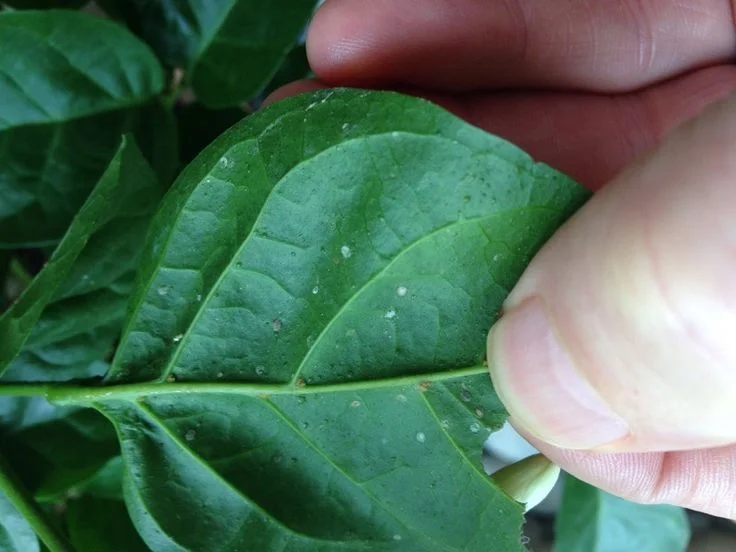
Recognizing a scale infestation on plants early can save your garden. Look for:
- Small bumps on stems and leaves
- Sticky honeydew or sooty mold
- Yellowing or curling leaves
- Reduced flowering or fruit production
Moreover, ants crawling on your plants often signal the presence of honeydew-producing scale insects. For gardeners interested in exploring different plant varieties and their unique care needs, you can also read the truth about air plants to better understand how diverse species require specialized attention.
Causes of Scale Infestation
Understanding why scale insects attack plants helps in prevention.
- Overcrowding: Dense plant arrangements make infestations spread faster.
- Poor Air Circulation: Lack of airflow encourages pest buildup.
- Weak Plants: Stressed plants are more vulnerable to pests.
- Neglected Pruning: Overgrown plants create hiding spots for scales.
The Damage Caused by Scale Infestation
A scale infestation on plants can lead to serious consequences:
- Nutrient Depletion: Continuous sap feeding weakens plants.
- Stunted Growth: Plants stop producing new leaves or flowers.
- Sooty Mold Development: Honeydew attracts mold, blocking photosynthesis.
- Premature Death: Severe infestations kill plants entirely.
Treatment Methods for Scale Infestation on Plants
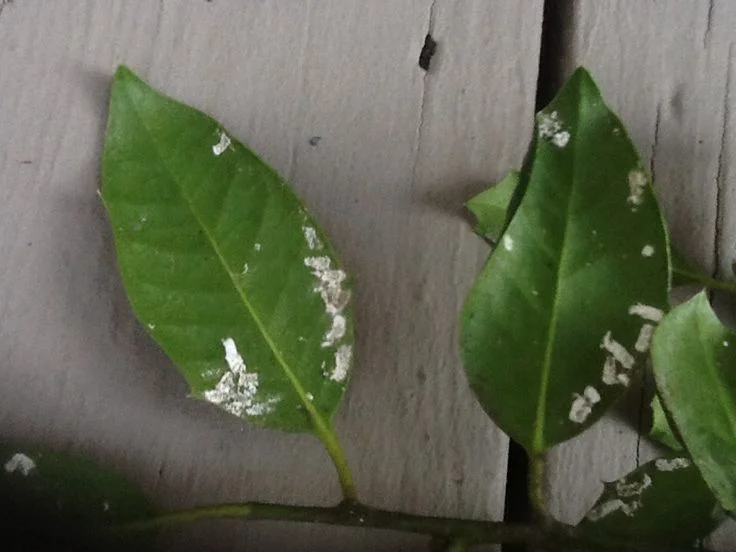
1. Manual Removal
For small infestations, gently scrape scales with a toothbrush or cotton swab dipped in rubbing alcohol.
2. Natural Remedies
Neem oil, insecticidal soap, or horticultural oil smothers scale insects without harming beneficial pollinators.
3. Chemical Treatments
When natural methods fail, systemic insecticides can eliminate scale infestations. However, these should be used cautiously to avoid harming the environment.
4. Biological Control
Ladybugs, lacewings, and parasitic wasps feed on scale insects, making them natural allies in pest control.
Prevention Strategies for Healthy Plants
Preventing scale infestation on plants is more effective than constant treatment.
- Regular Inspection: Check leaves and stems weekly.
- Proper Watering: Avoid overwatering, which weakens plants.
- Pruning: Remove infested branches quickly.
- Good Spacing: Ensure plants have enough room for airflow.
- Fertilization: Use balanced fertilizers to strengthen plant defenses.
Best Plants at Risk of Scale Infestation
Some plants are more vulnerable than others:
- Citrus trees
- Indoor houseplants like ficus and dracaena
- Ornamental shrubs such as camellias and azaleas
- Succulents and cacti
Therefore, if you grow these plants, regular monitoring is crucial.
Long-Term Garden Management
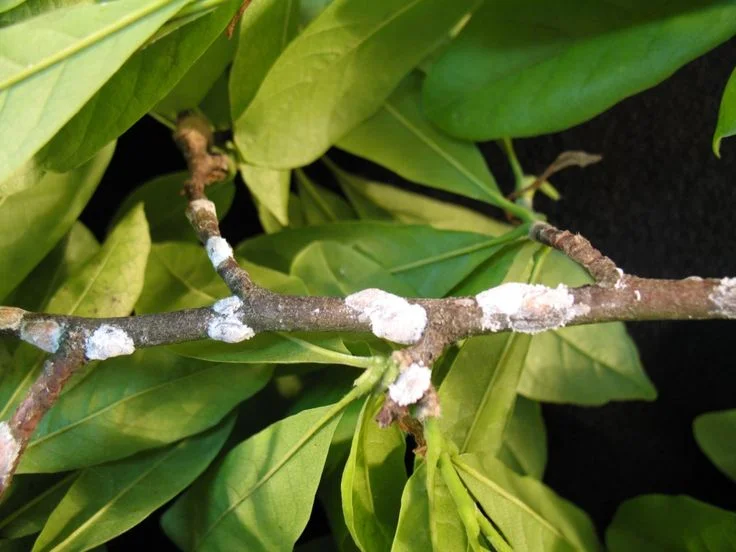
For long-term success, adopt integrated pest management (IPM). This includes monitoring, encouraging beneficial insects, and combining natural and chemical solutions.
Additionally, always quarantine new plants before introducing them to your garden. This small step can prevent widespread infestations.
For more detailed gardening practices, you can explore University of California Agriculture and Natural Resources which provides science-based pest management guidance.
FAQs
1. Can scale infestation kill my plants?
Yes, severe infestations can kill plants by draining vital nutrients and spreading mold.
2. Are scale insects harmful to humans?
No, they do not bite humans, but they can cause significant damage to plants.
3. What is the fastest way to remove scale?
Rubbing alcohol on a cotton swab works quickly for small infestations, while neem oil is effective for larger ones.
4. Can indoor plants get scale insects?
Yes, scale infestation on plants often spreads indoors through new or neglected plants.
5. How often should I apply neem oil?
Apply neem oil every 7–10 days until the infestation is controlled.
Conclusion: Protecting Your Plants from Scale Infestation
In summary, plants can seem overwhelming; however, with the right strategies, it is entirely manageable.
Therefore, by combining early detection, natural remedies, and preventive care, you can keep your plants healthy year-round. Moreover, adopting long-term garden management practices ensures that your plants thrive despite occasional pest challenges.
Consequently, gardeners must stay alert to the early warning signs. Additionally, regular inspections and pruning can significantly reduce risks. Meanwhile, introducing beneficial insects provides natural protection. In fact, this balanced approach promotes healthier growth.
On the other hand, neglecting these steps may lead to severe plant damage. Thus, consistent care becomes non-negotiable. For example, applying neem oil regularly prevents reinfestation.
Likewise, creating proper plant spacing encourages airflow. Furthermore, strong soil health supports natural resistance. If you’re interested in learning more about resilient greenery, you can also explore these desert plants growing tips to expand your plant care knowledge.
Ultimately, knowledge and consistency are your greatest tools in protecting against scale infestation on plants.

